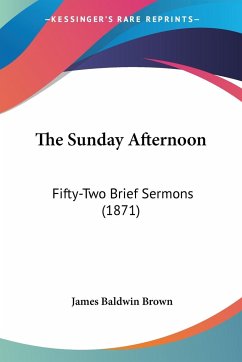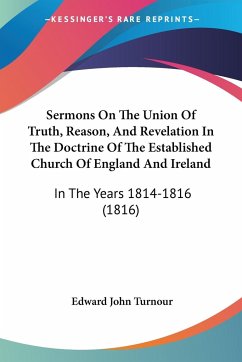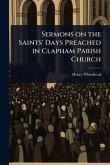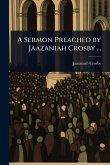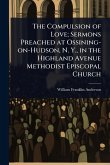Explore the profound theological insights of William C. Whitcomb in "The Mysteries Of God's Providence." This volume presents two sermons delivered on November 4, 1849, at the Union Evangelical Church of Salisbury and Amesbury, Massachusetts. Whitcomb, a notable figure of his time, delves into the complexities of divine providence, offering a nuanced understanding of God's role in human affairs. These sermons provide a valuable glimpse into the religious thought and social context of mid-19th century America, reflecting the spiritual concerns and intellectual debates of the era. Whitcomb's eloquent prose and thoughtful analysis make this work a compelling read for those interested in religious history, theology, and the enduring questions of faith and destiny. A significant contribution to the study of American religious discourse, "The Mysteries Of God's Providence" remains relevant for its historical and theological significance. This work has been selected by scholars as being culturally important, and is part of the knowledge base of civilization as we know it. This work was reproduced from the original artifact, and remains as true to the original work as possible. Therefore, you will see the original copyright references, library stamps (as most of these works have been housed in our most important libraries around the world), and other notations in the work. This work is in the public domain in the United States of America, and possibly other nations. Within the United States, you may freely copy and distribute this work, as no entity (individual or corporate) has a copyright on the body of the work. As a reproduction of a historical artifact, this work may contain missing or blurred pages, poor pictures, errant marks, etc. Scholars believe, and we concur, that this work is important enough to be preserved, reproduced, and made generally available to the public. We appreciate your support of the preservation process, and thank you for being an important part of keeping this knowledge alive and relevant.
Bitte wählen Sie Ihr Anliegen aus.
Rechnungen
Retourenschein anfordern
Bestellstatus
Storno




